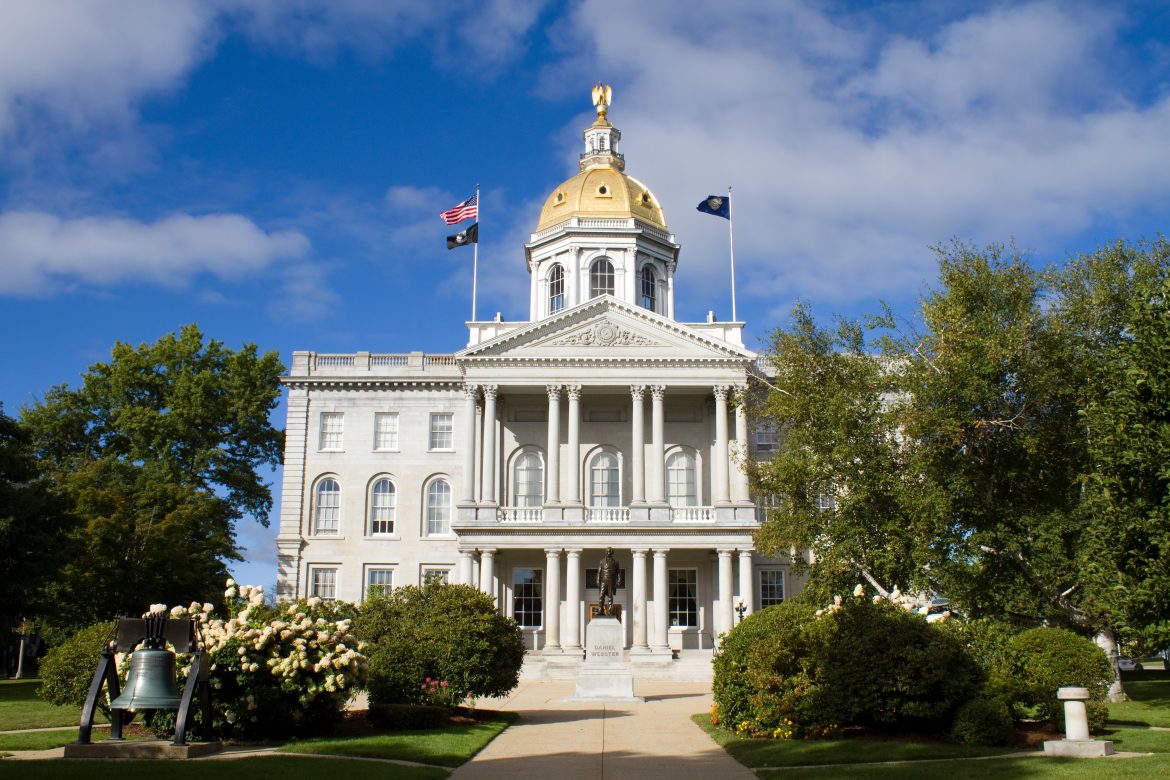By now, we all know how unprepared baby boomers are for retirement. Need proof? Some 40% don’t have anything saved. The problem runs deep, and unfortunately for most boomers, it’s too late to do anything about it.
However, governments on the state level have decided to do something about the issue. In today’s Two-Minute Retirement Solution, see why – gasp – Steve McDonald agrees with this government intervention.
TRANSCRIPT
We haven’t had one in a while, so I figured it was time for another boomer retirement nightmare piece. Here it is.
The retirement savings numbers for boomers are horrendous: 40% have nothing saved for retirement and one-third rely exclusively on Social Security for income in their golden years.
And this situation will be a growing burden for those still working and paying the bills for at least the next 20 years.
And for both state and federal governments, it is another unfunded liability they can’t handle.
[cfopenx zone="134"]The retirement savings numbers for those currently employed aren’t any better. The millennials are worse at saving than the boomers. Fifty-seven percent of them have nothing saved.
And the results of a recent Employee Benefit Research Institute survey indicate retirement confidence is at record lows. Concerns about preparing for or even being able to retire have never been higher.*
[Editor’s note: In the video, Steve says that concerns about being able to retire have never been lower, whereas they are in fact at an all-time high.]
The boomer-driven storm we have known was coming for the past 30 years is here, and it is as bad as the most negative projections predicted it would be.
But there may be a viable solution. Not for the boomers (it’s too late for most of them), but for those who come after them.
According to a recent report from NPR, a person is 15 times more likely to save for retirement if they have an employer-sponsored retirement plan.
But half of all private-sector employees don’t have one.
These employee-sponsored plan numbers are so compelling, 20 states have proposed retirement accounts run by the state for those workers not already covered by one.
New Jersey is the most recent state to offer one that would allow a minimum of 3% to be put aside from paychecks in a plan that would offer the same tax benefits as a regular IRA.
The New Jersey plan is optional, though. Some states’ proposals require participation. You can opt out of the New Jersey plan, but you can also increase the amount you contribute above 3%.
An AARP poll shows that 70% like the idea of state-run IRA or 401(k) plans.
But even more amazing, where there is automatic enrollment in retirement plans, either for an employer- or a state-run plan, the participation rates soar to 95%.
And while I usually don’t encourage government involvement in our affairs, I have to admit, I’m not surprised by this move by the states.
This idea, on the surface anyway, seems to be right on the money.
Any effort that will encourage and make it possible for every working person to plan for and fund their retirement is headed in the right direction. It may be one of the few truly bright spots in an otherwise depressing retirement scenario.
Good investing,
Steve
